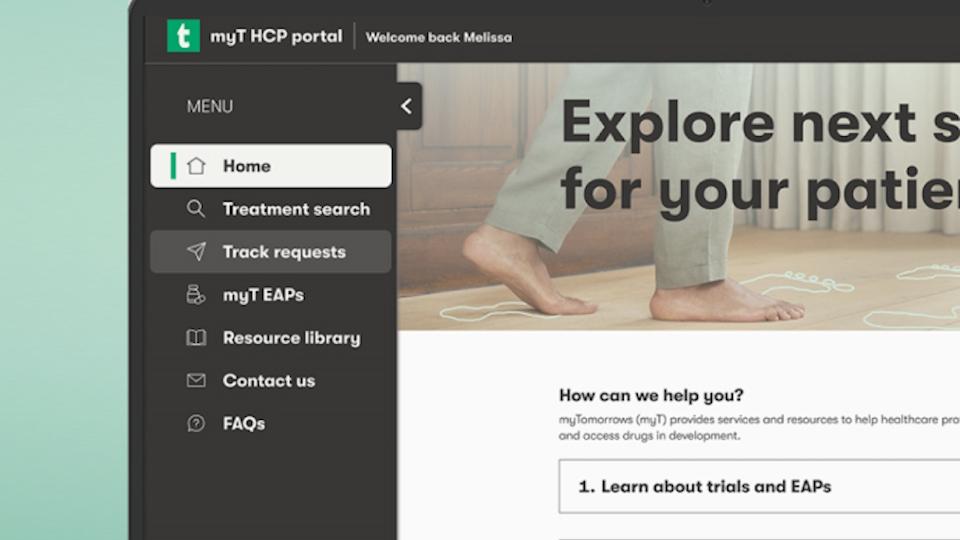ALS body takes digital approach to clinical trials access

A non-profit organisation representing the amyotrophic lateral sclerosis (ALS) community in the US is taking a digital approach to connecting patients with suitable clinical trials.
The ALS Association has partnered with myTomorrows, which has developed a digital platform that helps patients and physicians discover clinical trials, investigation sites, and trial sponsors.
The ALS Association will tap into myTomorrows’ database of ongoing clinical trials to provide physicians and those living with ALS with “up-to-date information about appropriate pre-approval treatment options,” said the partners.
ALS is the most common form of motor neurone disease (MND), a progressive neurodegenerative disease characterised by a very fast onset and devastating, highly variable symptoms that can include limb wasting, disrupted speech, respiratory problems, and cognitive changes. It is usually fatal within five years of diagnosis.
Because the disease has such severe day-to-day implications and escalates so rapidly, searching for clinical trials is an especially daunting task, according to the ALS Association, which represents around 20,000 people with the disease in the US.
It is also a challenge in the other direction, with pharma companies often facing challenges in recruiting and enrolling patients for trials, which can slow down drug development, compromise the chances of a successful study, and ultimately delay the arrival of new therapies on the market.
myTomorrows’ platform is designed to address this by connecting pharma companies with physicians and patients, streamlining the enlistment process.
The partnership comes on the tail of a series of disappointments in the development of drug therapies for ALS, with only a handful of approved drugs available for patients.
Earlier this week, the community was rocked by the news that one of those medicines – Amylyx’s Relyvrio (sodium phenylbutyrate/taurursodiol) – had failed a confirmatory trial and looks likely to be withdrawn from sale. That blow has come after the failure of other drugs in late-stage clinical trials, including Apellis’ pegcetacoplan and Cytokinetics’ resedemtiv.
There have been some advances though: notably, the FDA approval last year of Biogen’s Qalsody (tofersen) for a genetic form of ALS associated with a mutation in the SOD1 gene.
“Research participation is so impactful to finding treatments and cures, as well as reducing the harms of ALS,” said Pam Knott, head of data and technology at the ALS Association. “We are very excited about this new partnership as an opportunity to allow more people with ALS to enrol into clinical trials faster, while also reducing burden.”













